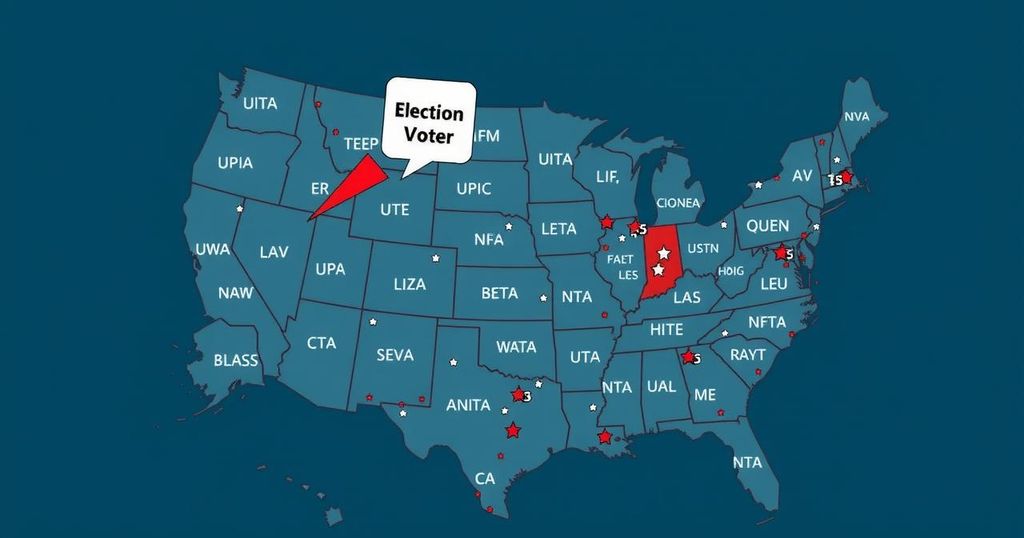Voters across several U.S. states rejected major election reform initiatives including ranked choice voting and open primaries, despite substantial financial support exceeding $110 million. Advocates had hoped for a significant shift following previous successes, particularly in Alaska, but the election revealed a widespread preference for traditional voting systems. This unexpected resistance prompts advocates to reassess their strategies for promoting election reforms.
The recent elections across the United States revealed a significant setback for the election reform movement as voters decisively rejected numerous ballot initiatives aimed at altering current voting practices. Advocates had anticipated substantial support for proposals such as ranked choice voting and open primaries, however, voters from diverse political backgrounds in states such as Arizona, Colorado, and Nevada opted to maintain traditional electoral systems. Despite a formidable financial campaign exceeding $110 million aimed at promoting these reforms, the anticipated shift towards more inclusive voting methods failed to materialize, leaving many advocates reassessing their strategies.
As election reform advocates convened in preparation for the elections, hopes were buoyed by previous successes in places like Alaska, where a reform measure had narrowly passed in 2020. The failure of similar initiatives this election season sparked disillusionment, leading advocates to question whether they had underestimated the public’s willingness to embrace alternative electoral practices. “It turns out, in retrospect, we weren’t yet ready for prime time,” stated John Opdycke, president of Open Primaries, highlighting the unexpected rejection across various states.
Election reform has been a topic of considerable debate in the United States, especially in the wake of growing frustrations regarding conventional partisan primaries and election processes. The push for changes such as ranked choice voting and open primaries sought to provide citizens with broader candidate choices and promote more representative governance. In previous years, there had been momentum for reforms, particularly after voting successes in states like Alaska. However, the latest election results showcase a disconnect between reform advocates and voter sentiment, prompting a re-evaluation of reform approaches.
In conclusion, the recent election cycle underscored a clear reluctance from voters to adopt alternative election methods despite significant financial backing from reform groups. The overwhelming rejection of notable ballot initiatives signals a potential reassessment of strategies moving forward, with advocates focusing on grassroots support and incremental changes rather than sweeping reforms. This setback reveals the complexities of changing long-standing electoral traditions, indicating that successful advocacy may require more foundational work aimed at garnering widespread public acceptance.
Original Source: www.independent.co.uk






